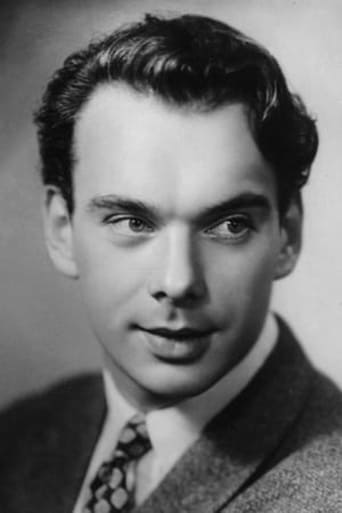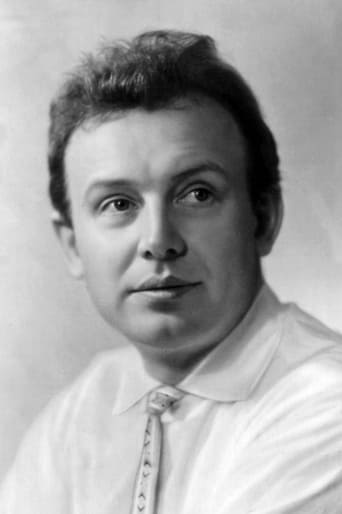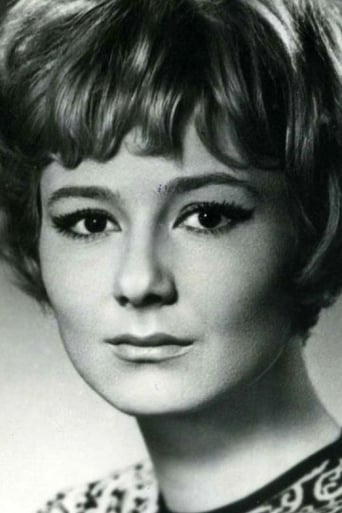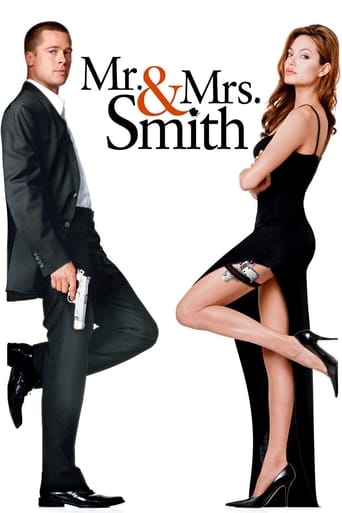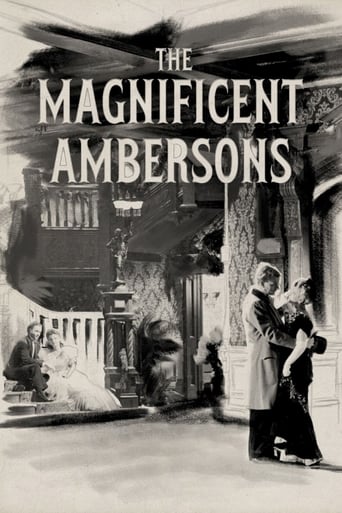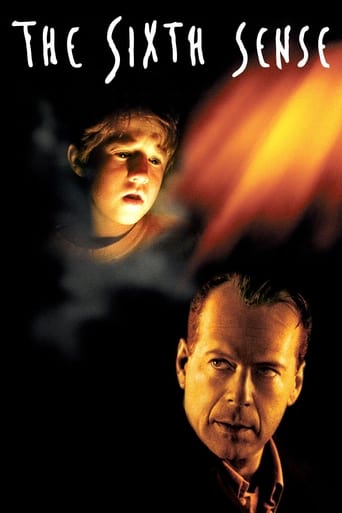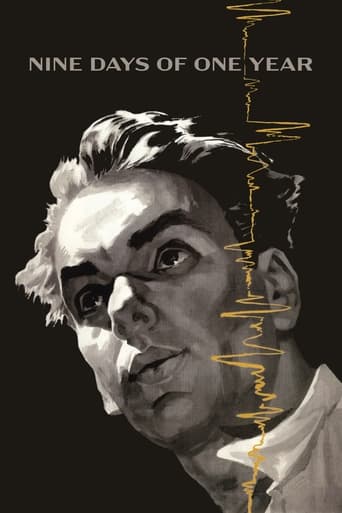
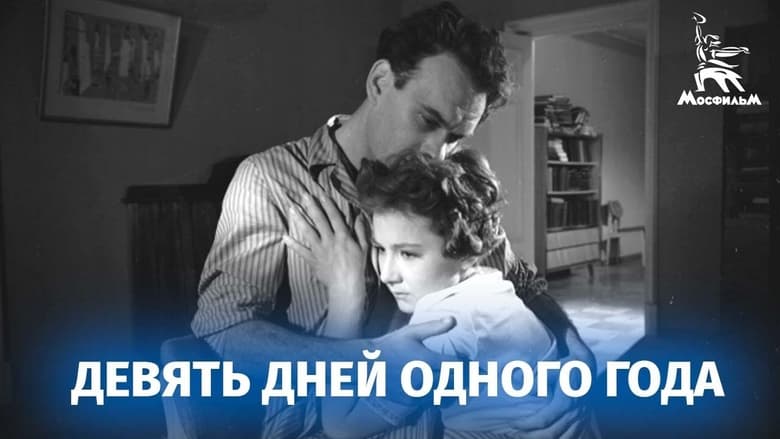
Nine Days of One Year (1962)
Two young scientists are exploring new fields of nuclear physics. Dmitry Gusev and Ilya Kulikov are good friends, but rivals in love. Dmitry marries Lyolya and they live happily together. Luck has it that he makes an important discovery. Unfortunately he exposes himself to radioactivity during the experiments. As a result he falls seriously ill. However Dmitry has a strong spirit. His will to live, the deep passion for his work and his strong love for mankind makes it possible for him to recover.
Watch Trailer
Cast


Similar titles
Reviews
Very very predictable, including the post credit scene !!!
The best films of this genre always show a path and provide a takeaway for being a better person.
Excellent and certainly provocative... If nothing else, the film is a real conversation starter.
The film may be flawed, but its message is not.
...who I love it. for performances, off course, Batalov and Smoktunovsky are, always, the good choice. for the director, in same measure. for image and splendid cinematography. but, first, for human virtues in the right light. it is a film about science and love and happiness and dedication. simple, dramatic, seductive, bitter. portrait of profound solitude. and need to escape from yourself. a poem. support for reflection. about limits. about hope. about the force to escape from the circle of appearances. and the courage to assume yours limits, ideals, fights.
Nine Days of One Year (1962) was directed by Mikhail Romm and is part of the Khrushchev Thaw in Soviet filmmaking. The premise of the Cold War-era film is ballsy as it concerns the development of weapons of mass destruction. Mitya Gusev, a talented physicist, desires to harness his scientific discovery for the benefit of communism (by providing the energy for his brethren), but others along his path prompt Gusev to use his breakthrough for war. The unique narrative that highlights only nine days over the course of a year is particularly striking. By privileging only a few moments, the film creates an underlying importance in every waking moment. Gusev possesses the innocence and "childishness" (the "adults" being apathetic) that categorized the heroes of the Khrushchev Thaw; Gusev describes himself as having "more enthusiasm than brains." Although Aleksey Batalov maintains many of the same attributes in Gusev that he carried as Boris in The Cranes are Flying (1957) (including his ultimate sacrifice for the greater good), in Nine Days of One Year he is cold, distant and unaffectionate towards Lyolya failing to even notice the robe that she's worn for the entirety of the month. Instead of simply filming men debating the fate of the world, Nine Days also simultaneously portrays the budding and eventual disintegration of a marriage as we dive into the depths of Lyolya's psyche as she tells her husband, "(she) is a woman, not a domestic pet." Her viewpoint is equally privileged to that of Gusev adding a greater dimension to the film as well as adding to its overall success. The opening of the film spares no time for exposition. It grabs you by the collar from the opening shot as we fly over a miniature towards the Institute. The form in the film is remarkable. In one instance, the camera drops down to the dinner table as if a bomb is being dropped on the discussion. The scene is concluded pulling back into the sky as if detracting from the crucial moment in order to recognize the smallness of the conversation in the grand scheme of humanity. While there are shots of pure dynamism (rapid whip pans, Dutch angles and quick cutting), Romm often favors a wide lens, low angles and elaborate in depth staging in long takes to carry forth the narrative. Romm gives us an incredible extreme long shot of Gusev walking to the lab on the eighth day across a blank brick wall. The stark emptiness within the frame creates a canvas for the audience to project Gusev's feelings – how does the failure to discover thermonuclear energy weigh on Gusev, and most of all, is the ultimate sacrifice worth it? The film also poses an interesting question earlier on – is the basis of humanity's perfection measured in its ability to exterminate itself?
Once more my experience with Soviet films is confirmed: they are slow and too long and lack any suspense - like a bad love affair. In addition "Nine hours of a year" concerns the daily life in a laboratory of nuclear physics, which is itself a bore (= a man who, when asked how he is, tells you). There are a pile of nuclear physicists (inside joke), a number of mathematicians, an amalgamation of metallurgists and a line of spectroscopists. The main characters are a married couple of physicists, who drag out a stalemate position. Of course it is a drama to observe two (or more) immature adults, who just seem to vegetate. But not every drama qualifies as an interesting theme, and this film proves it. Still he has some value, provided that you place him in his proper context. So, are you ready? The real story is about ethics and morals! The Soviet Union justified its existence on the ground, that she eliminates the alienation of the working class. In the Leninist state the personal interest is supposed to coincide with the general interest (read: the interests of the state). In the first years there were the Subbotniks, collectives who continued working in their leisure time. Solshenytsin describes in his books a true case of a simple laborer, who is so naive that he physically works himself to death. It is morbid (= higher offer). To be fair, there is the capitalist analogy of the imperious business man, with his fits and cardiac affections - although the capitalist is still inclined to self preservation and selfish (= what the owner of a sea food store does). After Stalin the Soviet ideology began to enrich the collective moral with the formation of the unique personality. This paradox (= two physicists) even led to the ideological conflict and rupture with China, where Mao continued to fight individualism. Although the film is no propaganda (= a gentlemanly goose), his production may well be a reaction to this alienation between comrade states. However, the enlightenment remained poor. The democratic centralism (= the expression of deviating morals is forbidden - seriously!) continued to be the state policy during the whole existence of the Soviet Union. This spiritual climate, in combination with a strong work ethics, may indeed foster the self-destruction of people in the would-be interest of the common good. Unfortunately I doubt that the uninformed watcher, who by nature adheres to individualism, will pick up this message from the film. I hope that you enjoyed my comments (if so, don't forget to check off "useful: yes"). By the way, IMDb actually pays you. While browsing through reviews I noticed one by a Rumanian, who shares my interests. And following his strand of reviews I stumbled over Nine hours of a year. What an amazing way to save time.
I am Russian, I am a scientist, and, probably, that's why I like it. This film together with the book by brothers Strugatsky "Monday begins on Saturday" forms a manifestation of the Russian science spirit, as it was in good old Soviet era days. May be, the very special atmosphere of leading Soviet research institutes, the atmosphere of creativity and self-sacrifice, is one of a few positive contributions that communists have brought to the Russian culture. At least, the film of Mikhail Romm brings us to the wonderland, where people believe in what they do. Romm tells us a sad and beautiful story about an island of freedom, the island which is nowadays lost under the waters of "real life".


